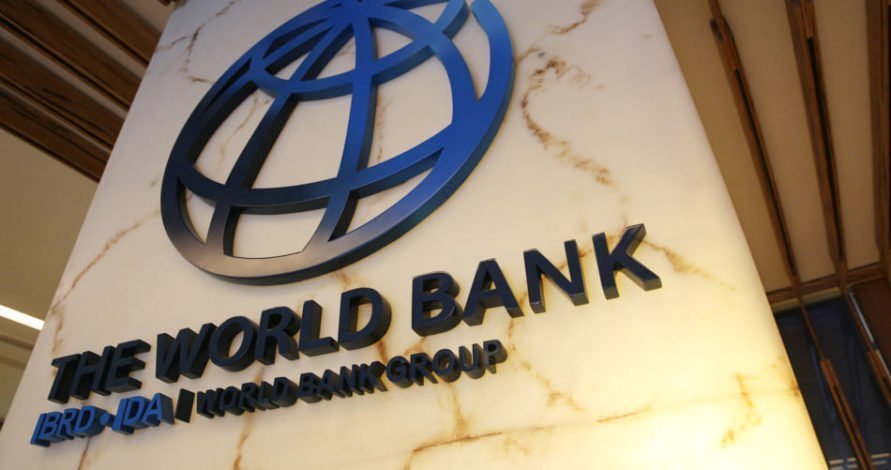The World Bank Group and the International Finance Corporation, have promised to continue to support Nigeria in bridging its infrastructure gap.
Both organisations said this in a statement issued by the World Bank’s Senior Communications Office in Nigeria, on Monday in Abuja.
Mr Hafez Ghanem, the World Bank Vice President for Africa, Mr Sérgio Pimenta, IFC Vice President for the Middle-East and Africa and Mr Hans Lankes, IFC Vice President for Economics and Private Sector Development, were quoted to have discussed at a just-concluded visit to Nigeria.
The meeting discussed how the World Bank Group could help Nigeria leverage private and public investments and expertise for inclusive growth.
According to Ghanem, the Bank can together with the private sector leverage government resources to bridge infrastructure gaps in Nigeria.
“We have supported and seen success in transport, energy and power sectors using Public Private Partnerships models.
“The Azura power project is an example of how we have attracted private sector investment in the power sector.
“We are happy to work with the Government of Nigeria on power sector reforms, which will create a better environment to attract more private sector financing,” Ghanem said.
Pimenta said that the financing needs of developing countries often surpassed their own budgets and available donor funding.
He, however, said that private sector resources and expertise could go a long way in bridging the gap.

“In Sub-Saharan Africa, we are increasingly seeing the private sector design sustainable business models that are creating jobs and lifting people out of poverty,” he said.
According to the statement, the National Integrated Infrastructure Master Plan, Nigeria faces a 100 billion dollar annual investment gap in infrastructure.
It added that the new approach to mobilising development financing was also presented during a workshop with key business leaders and policymakers.
(NAN)




